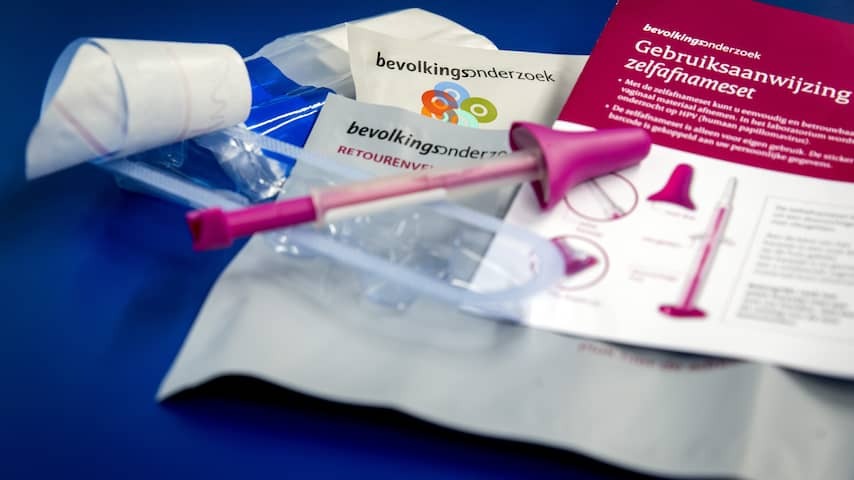
The three population screenings for breast, bowel, and cervical cancer are very effective. The screenings ensure that cancer is detected at an early stage. As a result, the disease is often still treatable.
This is according to research by Erasmus MC. In addition, the population screenings prevent 216 million euros in healthcare costs. Because cancer is detected earlier, fewer treatments are needed.
The positive effect of the population screenings is particularly evident in the case of bowel cancer. The number of people who die from the consequences of bowel cancer has decreased by almost 45 percent.
Conducting population screenings costs millions of euros. But if you offset the costs of those screenings (around 156 million euros) against the healthcare costs saved (216 million), it yields a net profit of around 60 million euros for society.
“These savings offer opportunities for other preventive activities in the future,” says Professor Iris Lansdorp-Vogelaar in a press release.
Men Benefit More from Bowel Cancer Screening
People between the ages of 55 and 75 receive an invitation every two years to participate in the population screening for bowel cancer. Participants send a small amount of stool to the researchers for this purpose.
The number of participants in the test has decreased slightly in recent years. In 2023, approximately two-thirds of the people who received an invitation sent in their stool. Men, in particular, are using it less, while bowel cancer is more often found in men.
“The research shows that the decrease in mortality was higher in men than in women,” says Lansdorp-Vogelaar. “So it would be particularly beneficial for them to participate.”
Erasmus MC investigated the results of population screenings on behalf of the RIVM.